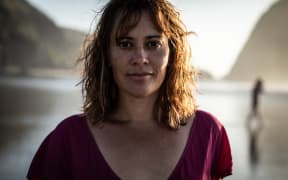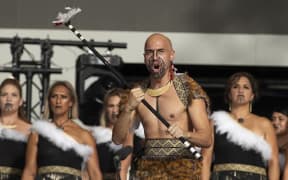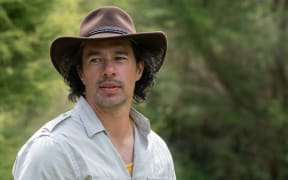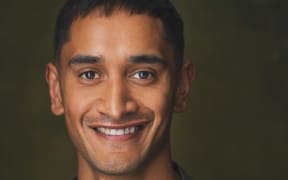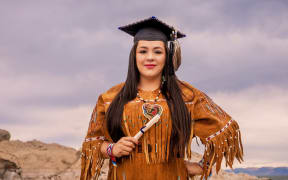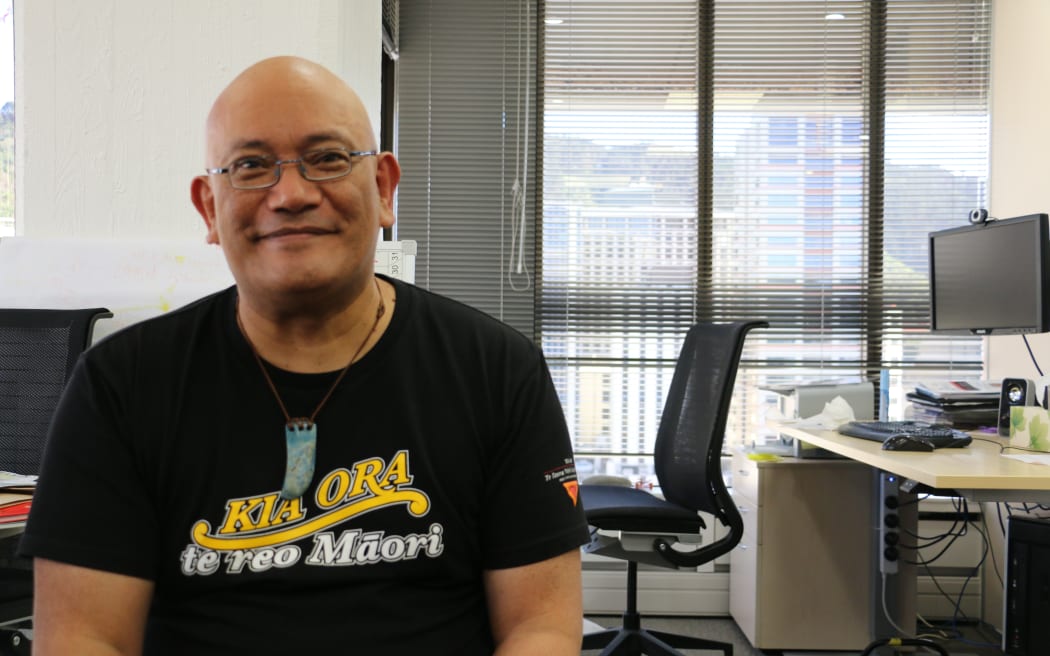
Māori Language Comission chief executive Ngahiwi Apanui Photo: RNZ/Justine Murray
Demand for te reo courses has surged over the past few years, but teachers and students still face some challenges.
Thirty percent of New Zealanders are able to speak more than a few words and phrases of te reo Māori and about 8 percent speak it fairly well.
About a quarter of Māori also speak te reo as one of their first languages.
But the government's goal is for one million people to speak te reo by 2040.
Speaking to Māpuna, Māori Language Commission chief executive Ngahiwi Apanui believed the goal was achievable, and interest would likely go even further.
"[The goal] gives us something to aim for, and we understand from overseas experience that once you get your first million then the second, third and fourth million follow fairly quickly, so we want to get that million and we want to get it a long time before 2040."
Apanui said the demand for te reo was huge, but work needed to be done on infrastructure, such as training more te reo Māori kaiako.
Kaiako reo Māori
Wiremu Beazley is a kaiako at Te Wānanga o Aotearoa, where he has been teaching students at the start of their te reo journey for 22 years.
He has seen a surge in Māori signing up for courses, especially older people who were denied the chance to learn while growing up.
They often struggled with returning to the classroom, but the biggest barrier to speaking te reo was whakamā or shame, he said.
"Most of the ones that I teach feel like they should already know this. So they become whakamā because they don't know it, this is their language they weren't allowed to speak it in their time, so now they have to come back and learn it. So whakamā is a huge barrier for our people."
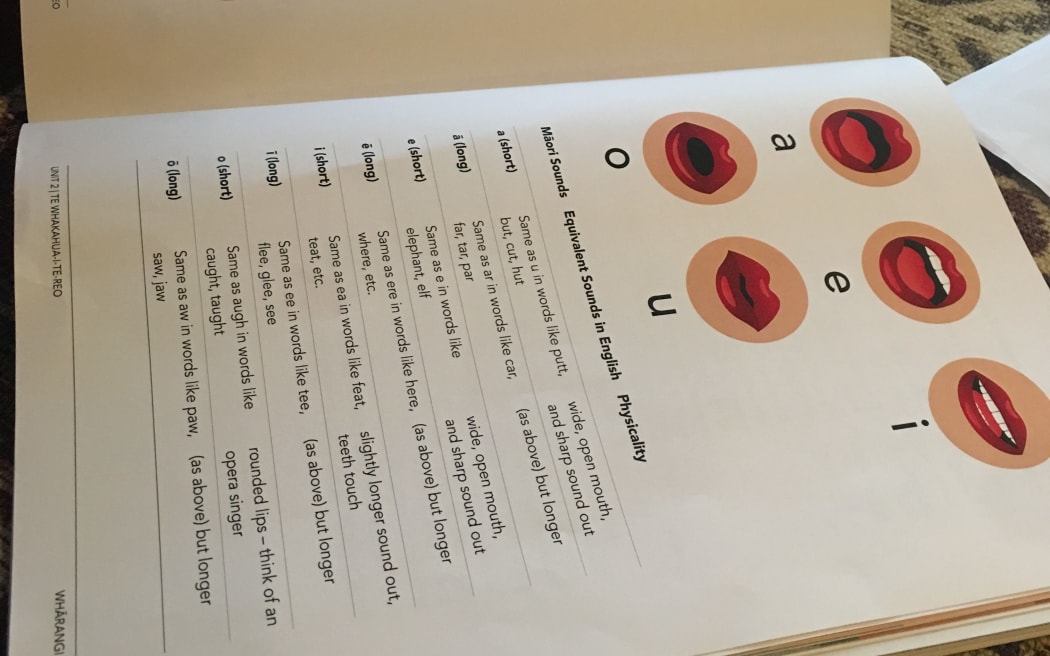
Te Wānanga o Aotearoa kaiako Wiremu Beazley says better access to te reo resources and courses have helped fuel the resurgence of wanting to learn the language. Photo: RNZ / Te Aniwa Hurihanganui
But Beazley said younger Māori thrived learning about te reo and their culture.
Better access to te reo resources and courses helped fuel the resurgence, he said.
"That's what the greatest thing for me is seeing that there's people still wanting, after all the time I've been there, to learn the reo and that's why I stay at the level one and two, because I believe you get the biggest benefits when taught properly and taught right for our students."
Mark Rainey taught te reo classes on Auckland's North Shore, mainly to Pākehā students, who he said often struggled to believe they could speak te reo.
He said Pākehā also struggled with a lack of understanding of tikanga Māori, things like the koha, waiata tautoko and who did the karanga on the marae, but learning the language helped.
"From learning te reo, you get a feel for te ao Māori and the wairua Māori and that kind of [whakamā] disappears with time, and eventually they have no whakamā whatsoever, and that's when I know I've done my job."
Rainey said the reo community in Devonport was thriving, but it needed more Māori teachers to meet the demand.
Kupu study
A recent study from the University of Canterbury found New Zealanders who could not speak te reo Māori were more in tune with it than they realised.
Co-author professor Jeanette King said non-fluent te reo speakers could define about 70 kupu, or words.
She said even adult brains took in the sound patterns of languages.
"I wouldn't want to say that learning a language as an adult is easy necessarily, we all know this takes a bit of hard work, but I think it is a bit of an incentive for people to think 'well actually my brain's already done some of the work for me, why don't I just take advantage of that and learn a bit of te reo'."
